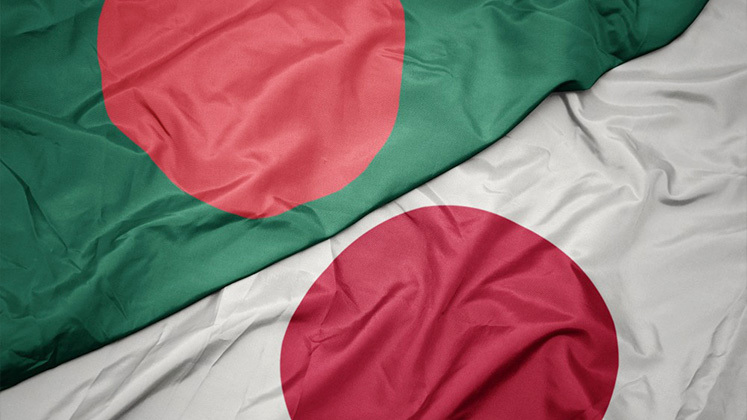
Under its Generalised System of Preferences (GSP) framework, Japan has formally declared that it will grant duty-free and quota-free market access to nations that graduate from the least developed country (LDC) category for a further three years. The export community in Bangladesh is greatly relieved by this ruling.
LDCs and newly graduated nations will continue to be eligible for special tariff treatment at this time, thanks to the change, which is included in the Temporary Tariff Measures Law (Article 8-2, Paragraph 3).
The declaration was confirmed by Bangladesh’s Ministry of Commerce, which noted that Japan’s notification was published by the WTO on 7th November 2025. The ruling is in line with Japan’s goal of using its GSP program to encourage industrialisation and sustainable economic growth in underdeveloped countries.
Bangladeshi exporters applauded the action, describing it as an essential safety net for adjusting to the new competitive landscape following the LDC.
Mohammad Hatem, President, Bangladesh Knitwear Manufacturers and Exporters Association (BKMEA), said Japan’s decision would significantly ease exporters’ concerns over tariff hikes after graduation. It will help sustain export momentum and diversify Bangladesh’s apparel markets.
According to data from the Export Promotion Bureau (EPB), Bangladesh’s exports to Japan in FY 2024–25 totalled US $ 141.16 crore or 2.92% of total exports. With knitwear valued at US $ 60.12 crore and woven garments at US $ 58.43 crore, apparel accounts for roughly 84% of all exports to the nation. Industry experts believe that Bangladesh will benefit strategically from Japan’s announcement. It preserves one of Asia’s most important export markets while lowering immediate post-LDC pressure.
Mohammad Abdur Razzaque, Chairman, Research and Policy Integration for Development (RAPID), remarked that the three-year extension would ensure Bangladesh’s uninterrupted market access and position the country as an attractive destination for Japanese investors relocating part of their production base. He added that Japan’s initiative could encourage other developed countries to follow a similar path.
This decision is also linked by trade authorities to the ongoing talks for an Economic Partnership Agreement (EPA) between Bangladesh and Japan.
The GSP extension, according to Anwar Shahid, Vice President of the Japan-Bangladesh Chamber of Commerce and Industry (JBCCCI), would expedite the EPA’s work and give exporters more time to get ready for post-graduation policy changes.






